Question And Answer
Publications
Articles, publications, books, tools and multimedia features from the U.S. Institute of Peace provide the latest news, analysis, research findings, practitioner guides and reports, all related to the conflict zones and issues that are at the center of the Institute’s work to prevent and reduce violent conflict.
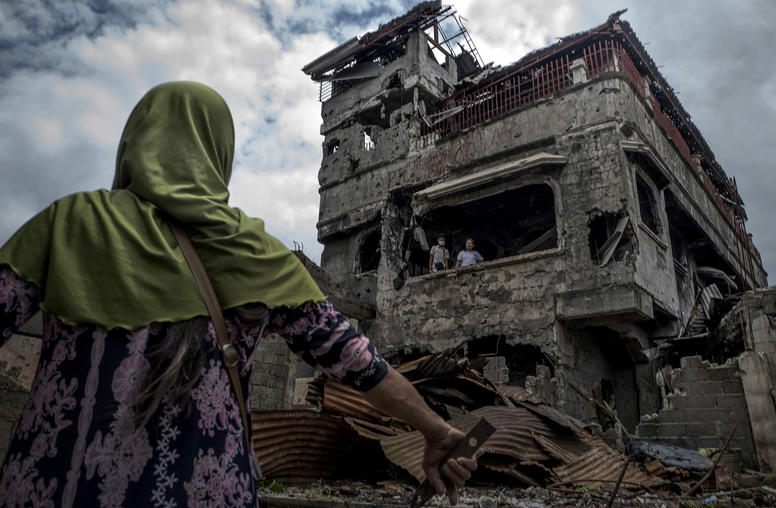
Examining Inclusivity in the Southern Philippines
One of the key challenges facing the Bangsamoro Transition Authority (BTA) is ensuring that the institutions and laws of the Bangsamoro Autonomous Region in Muslim Mindanao (BARMM) in the Southern Philippines are inclusive of the extraordinary diversity that characterizes its people. The recent extension of the BTA’s mandate, pushing the BARMM’s first elections from May 2022 to May 2025, raises both opportunities and challenges.
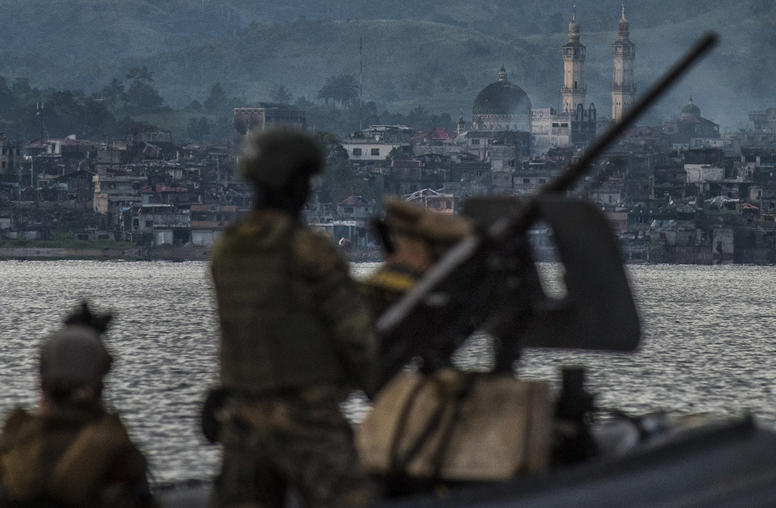
The Long Road to Peace in the Southern Philippines
For four centuries, the Muslim-majority areas in the southern reaches of the Philippines have resisted domination by the capital Manila, whether its leaders were Spanish, American or Filipino. This dynamic has spawned insurgencies, glimmers of hope for peaceful coexistence and repeated disappointment — all amid endemic violence and poverty.
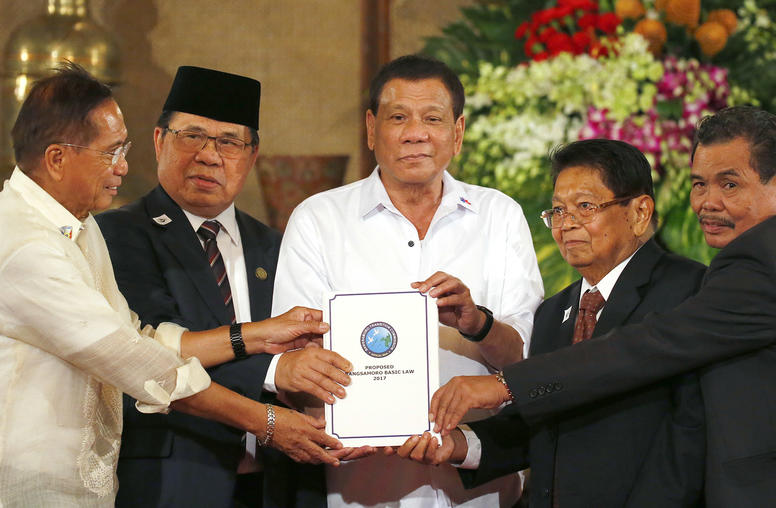
The Challenges Facing the Philippines’ Bangsamoro Autonomous Region at One Year
Just over a year ago, the Bangsamoro Autonomous Region of Muslim Mindanao (BARMM) was formally established as part of a peace agreement to end nearly five decades of conflict between the Philippine government and Moro secessionists. This report discusses the many notable achievements of the BARMM government during its first year while cautioning that these accomplishments are not irreversible, and that the BARMM will need international support—including from the United States—to confront future challenges.
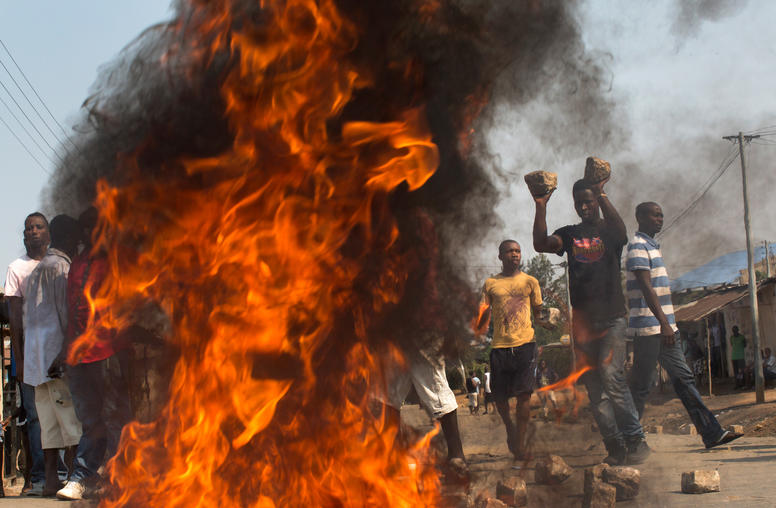
Q&A: What Works in Preventing Election Violence
The elections this year in the Philippines, the Democratic Republic of the Congo, Gabon and even the United States, demonstrate how high-stakes elections frequently trigger anxiety, tension or even violence or the threat of unrest. Properly managed elections allow opposing groups to press their claim to power through a peaceful process. But in fragile democracies, elections frequently feature intimidation or violent protest. U.S. Institute of Peace Senior Program Officer Jonas Claes, editor o...
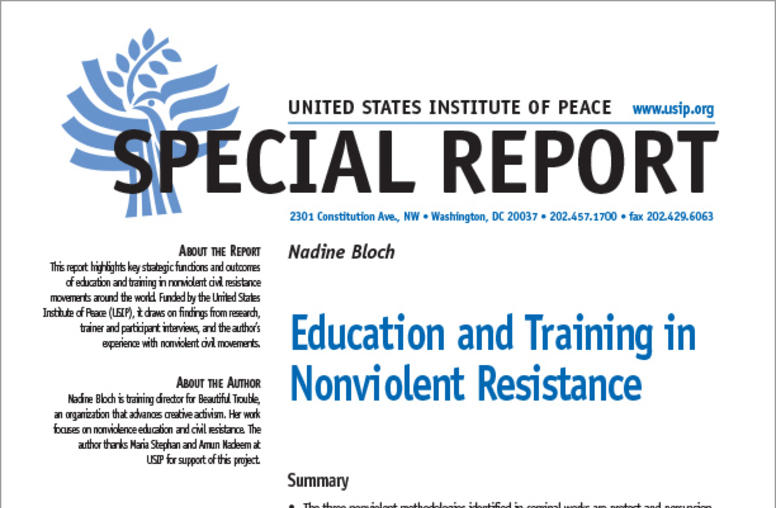
Education and Training in Nonviolent Resistance
Civil society around the world has demonstrated the ability to bring about change without violence. Critical to civil society’s success is preparing communities to undertake safe and strategic nonviolent action (NVA) movements. Previous research on NVA has focused on three broad methodologies: protest and persuasion, noncooperation, and intervention. This Report contributes to the knowledge on NVA by highlighting key strategic functions and outcomes of education and training–a fourth and crit...
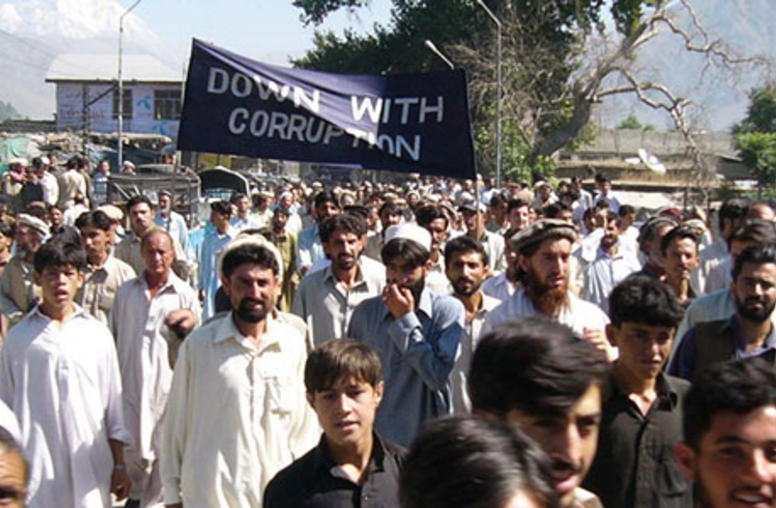
How to Stop Extremism Before It Starts
Endemic corruption is padding the ranks of militant fundamentalist groups. Here's how communities are fighting back.
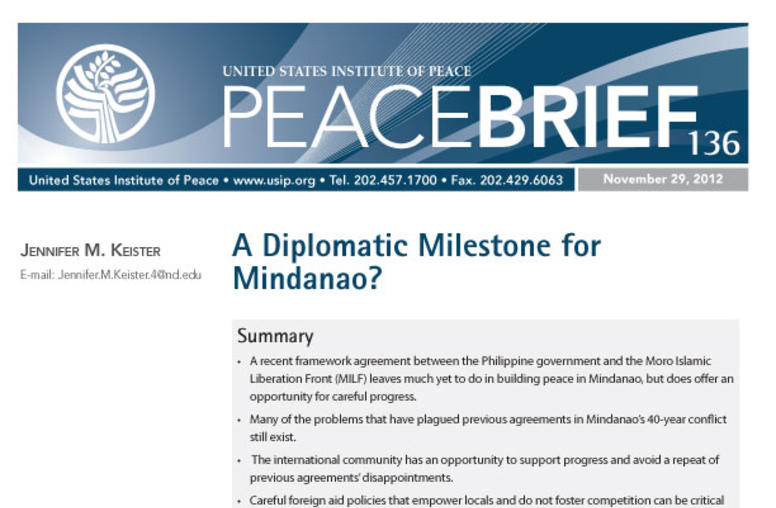
A Diplomatic Milestone for Mindanao?
Dr. Jennifer M. Keister, a former USIP Randolph-Jennings Peace Scholar, bases this report on her own research—during which she has spent more than 21 months in the field, traveling extensively in conflict-affected areas of Mindanao (2008-2011)—and on recent discussions with contacts still in-country.
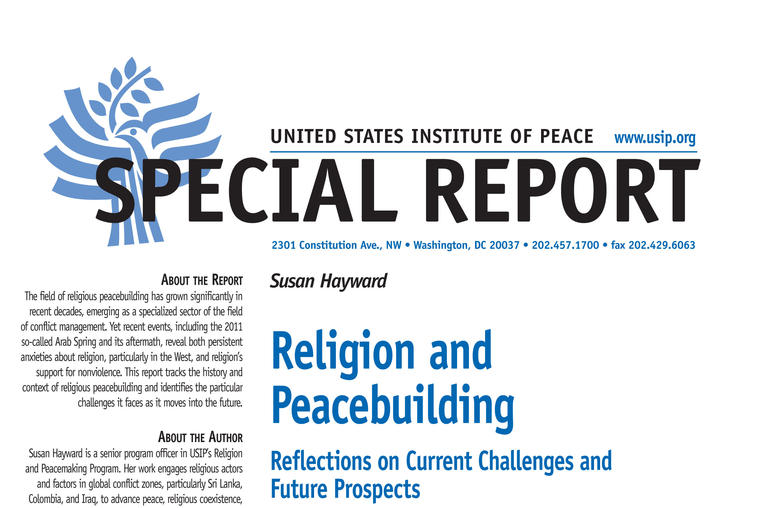
Religion and Peacebuilding
The maturing field of religious peacebuilding faces challenges in integrating with secular peacebuilding efforts, engaging women and youth, and working more effectively with non-Abrahamic religious traditions.
"Rewiring Regional Security" Released at USIP Gathering
Security experts gathered at the United States Institute of Peace (USIP) on Dec. 1 to address the question of who—amid rapid global change--has the responsibility, will and capacity to provide security in a variety of conflicts and problems around the world. The event marked the release of Rewiring Regional Security in a Fragmented World, a 20-chapter volume drawing on contributions from numerous security specialists.
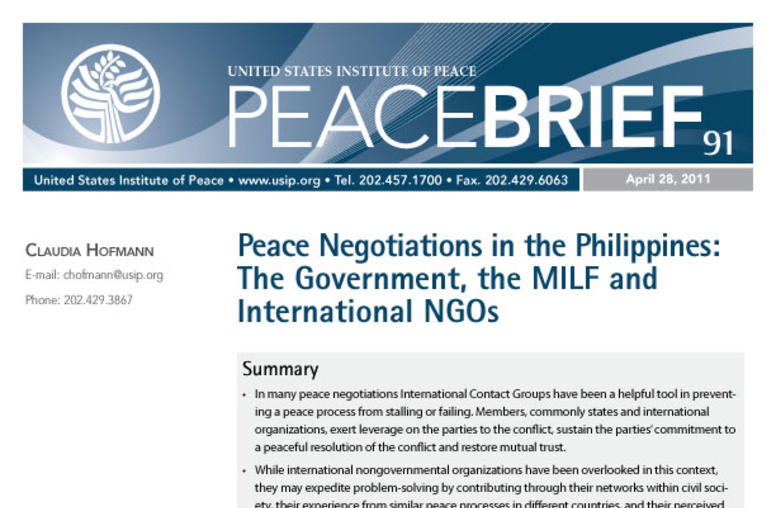
Peace Negotiations in the Philippines: The Government, the MILF and International NGOs
In many peace negotiations International Contact Groups have been a helpful tool in preventing a peace process from stalling or failing. Members, commonly states and international organizations, exert leverage on the parties to the conflict, sustain the parties’ commitment to a peaceful resolution of the conflict and restore mutual trust.